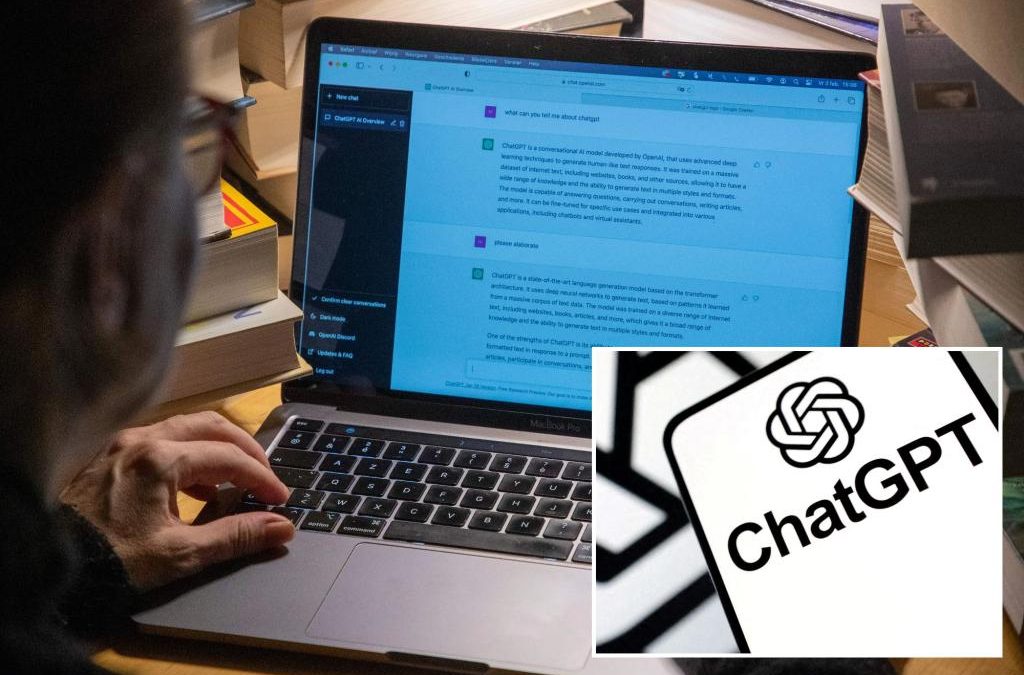Providing employees with opportunities for growth in the workplace can be critical in building loyalty, which is something many employers could use these days in an age of increased attrition and diminishing engagement.
At the same time, America’s youngest generation of workers expect to learn more on the job than their more seasoned counterparts.
However, they say they are not getting the support they need, according to a new survey, and nearly half of them trust artificial intelligence tools over their bosses when it comes to charting their paths.
A study released Tuesday by career development platform INTOO explores how support for career advancement – and the lack thereof – is impacting today’s workforce, and describes how many workers struggle to progress in their careers due to a lack of support from their employers.
Across all age groups, 59% of employees told the pollsters their company “rarely” or “never” helps them explore opportunities for growth outside their current department, and 46% of workers said their manager does not know how to help them with their career development.
The study, conducted in partnership with research firm Workplace Intelligence, found that Gen Z (age 26 and younger – the fastest-growing employee demographic) feels particularly lost, even though those workers stand to benefit the most from learning and career development opportunities.
Of the younger workers, 62% said they would like to talk to their manager more often about their career, but their boss is too busy.
Forty-seven percent said they got better career advice from AI tools like ChatGPT than their manager.
“Gen Z’s reliance on digital platforms for career advice, including innovative tools like ChatGPT, points to a larger issue—a craving for guidance that they’re not finding within the traditional structures of their workplaces,” INTOO CRO Mira Greenland told FOX Business. “They want conversations about their careers to be as dynamic and responsive as the technology they’ve grown up with.”
Greenland said this gap presents a unique challenge for organizations.
“Companies must adapt to attract and retain this new wave of talent,” she said. “This means not only offering more frequent and meaningful career development discussions but also rethinking their approach to mentorship and support.”
INTOO surveyed human resources leaders in the study, too, to get their take on what current career development opportunities could mean for the job market.
Their responses painted a grim picture of how worker retention could look in the near future.
The HR leaders predicted that 30% of employees across age groups and 44% of Gen Z employees are likely to quit within the next six months due to a lack of support for their career development.
Source




